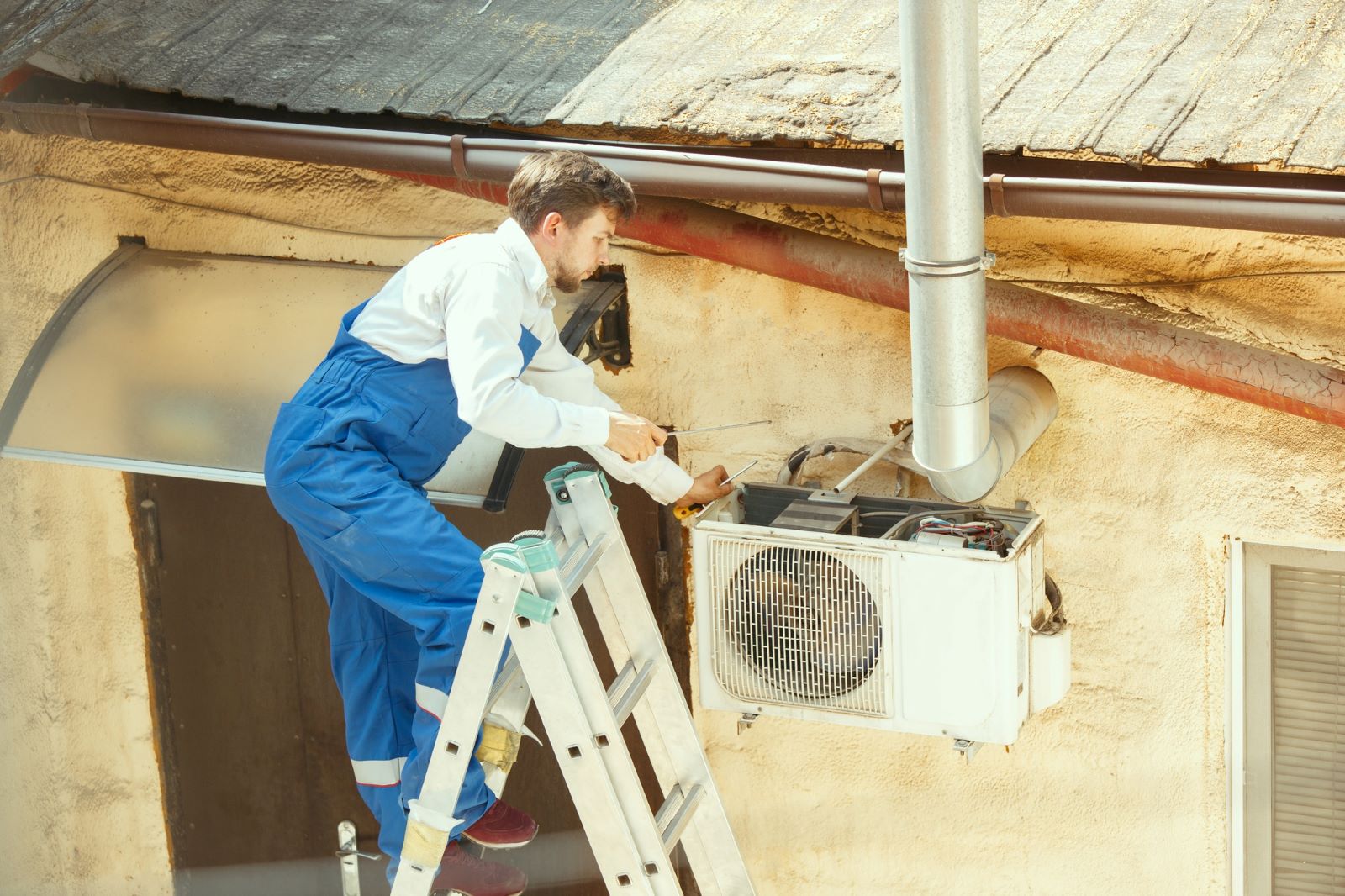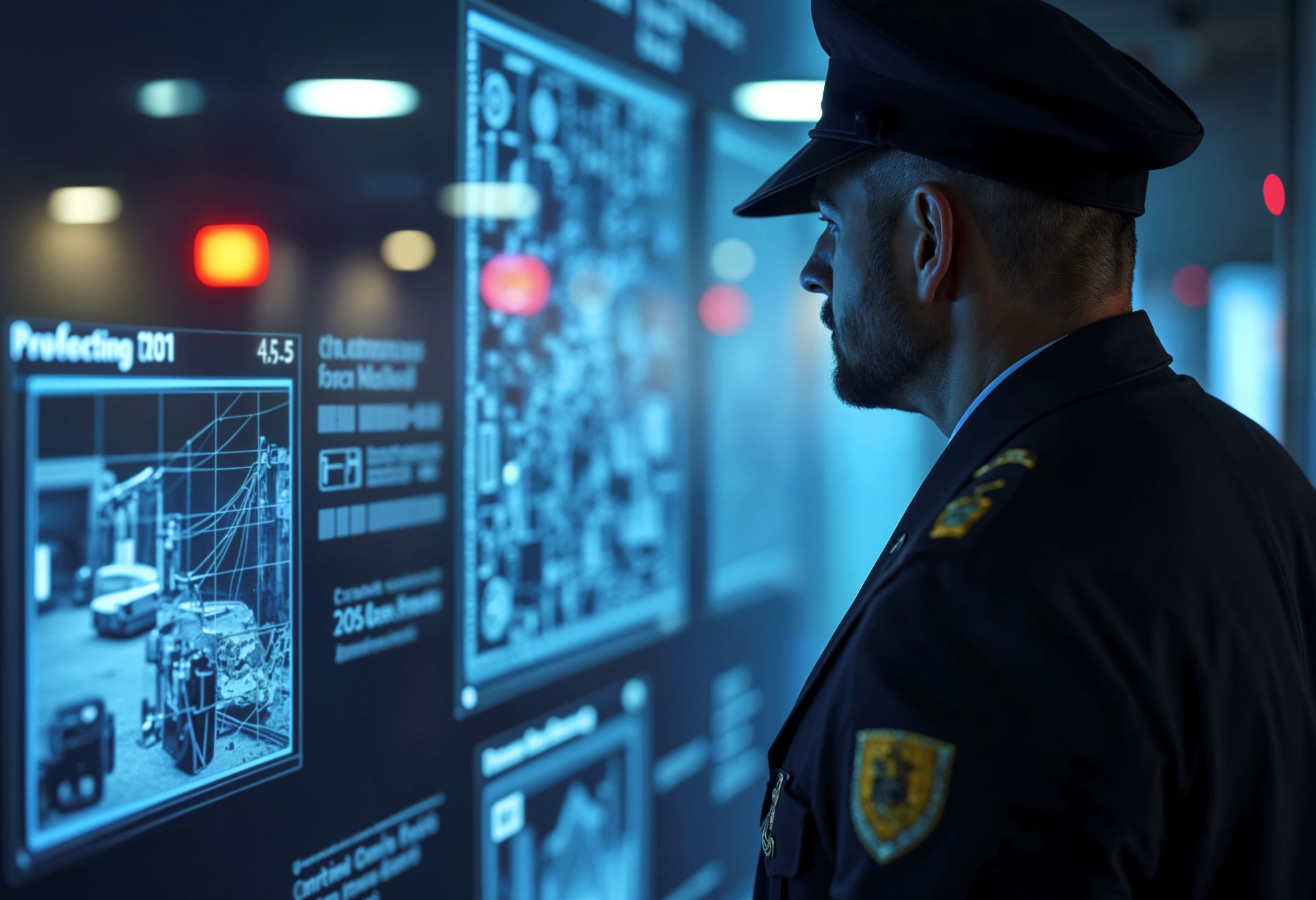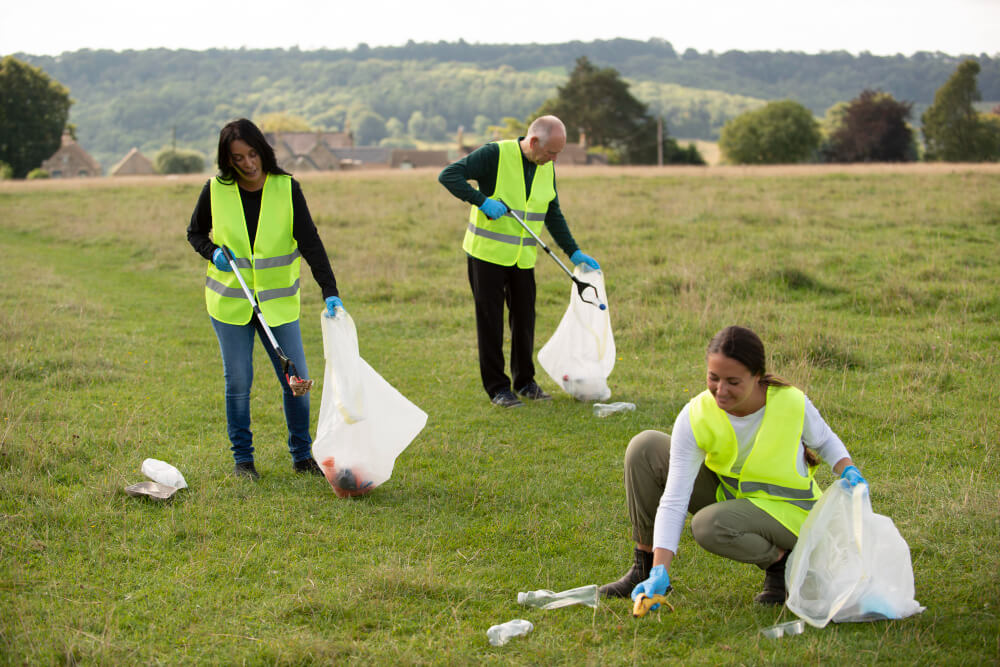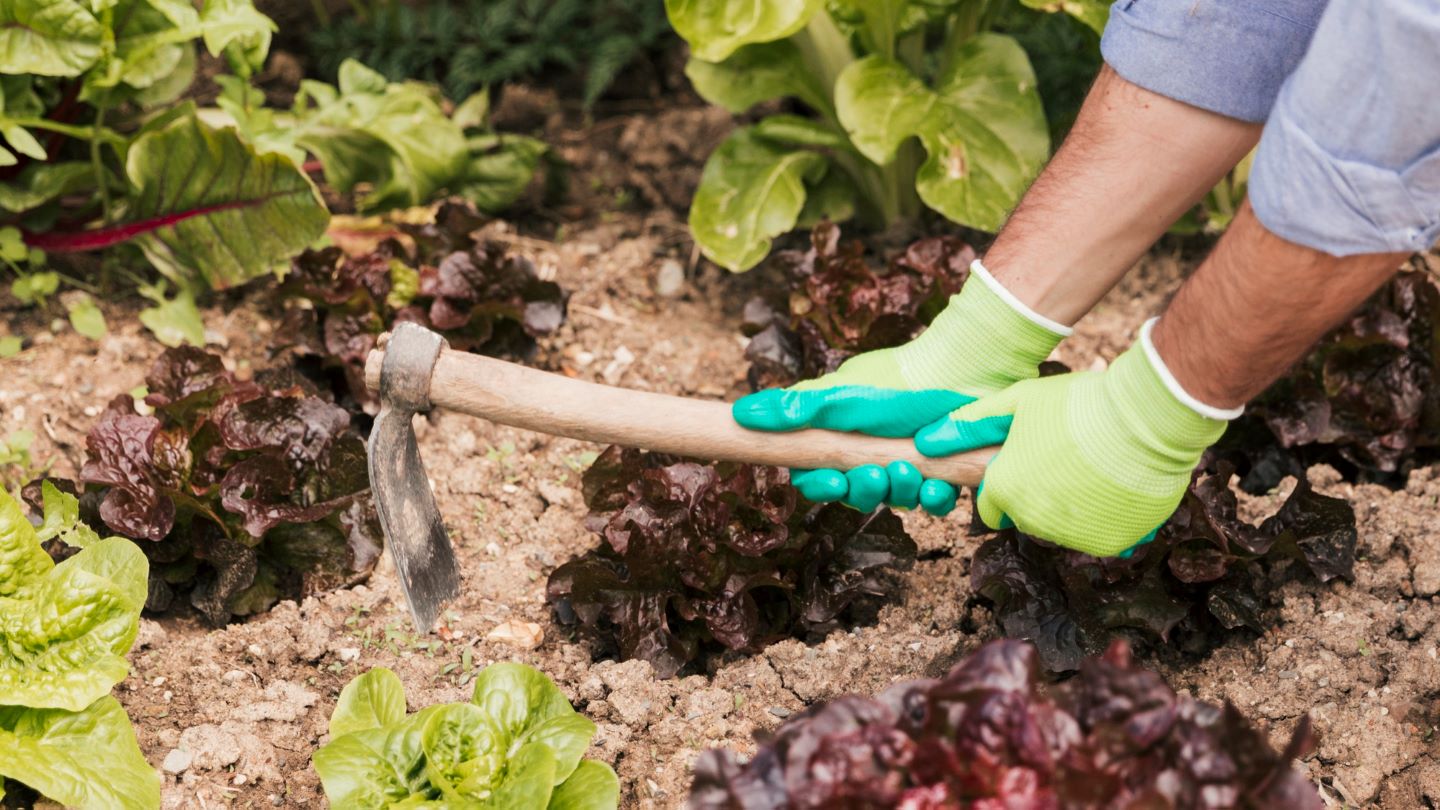In today’s world, businesses are increasingly focusing on sustainable practices to reduce their environmental impact. Effective waste management is a crucial part of this strategy, helping facilities minimize waste, cut costs, and protect the planet. But what does sustainable waste management actually look like for your facility? In this blog, we’ll explore practical strategies that LIMS Facility can adopt to promote sustainability and make waste management more efficient.
Why Is Waste Management Important for Sustainability?
Effective waste management is about more than just getting rid of trash—it’s a key component of sustainability. By managing waste properly, facilities can reduce their carbon footprint, conserve resources, and contribute to a healthier environment. Proper waste control also helps prevent pollution by ensuring that hazardous materials are disposed of safely. Additionally, recycling and reusing materials can significantly lower energy consumption compared to producing new products from raw resources. Embracing sustainable waste practices not only benefits the planet but also enhances a facility’s reputation as an environmentally responsible organization. Are your current waste management practices helping or hurting the planet?
1. Implement Comprehensive Recycling Programs
One of the most impactful steps is to establish effective recycling programs. Facilities should separate waste into categories such as paper, plastics, metals, and organics. Educating employees about proper recycling practices can also improve participation and reduce contamination in recycling bins. Additionally, setting measurable recycling goals can help track progress and motivate continuous improvement. Partnering with reliable recycling services ensures that these materials are processed responsibly. Have you considered expanding your recycling efforts to cover more waste types?
2. Focus on Waste Reduction Strategies
Reducing waste at the source is a proactive approach to waste management. This includes using reusable supplies, minimizing packaging, and encouraging digital documents over paper. Conducting regular waste audits can help identify key areas where waste can be minimized effectively. Additionally, choosing suppliers who prioritize sustainable packaging and products can further support your waste reduction goals. Small changes can lead to significant waste reduction. What waste can your facility eliminate right now?
3. Analyze Environmental Impact Regularly
Understanding your facility’s environmental impact is essential for making informed decisions. Conduct regular audits to identify waste sources and measure the effectiveness of your current practices. Utilizing environmental management software can simplify data collection and provide actionable insights. Additionally, engaging stakeholders in reviewing audit results can help build a stronger commitment to sustainability goals. Setting measurable goals helps track progress and encourages continuous improvement.
4. Educate and Involve Your Team
A sustainable waste management plan requires the support of everyone at the facility. Training employees on best practices and encouraging them to participate in waste reduction efforts can make a big difference. Regular workshops and clear signage around waste disposal areas can reinforce proper practices. Recognizing and rewarding teams that actively contribute to waste reduction can also boost motivation and compliance. Additionally, creating a green team or committee can help drive sustainability initiatives more effectively. Would your team benefit from more training on sustainability?
5. Leverage Technology for Better Waste Management
Innovative solutions like smart bins and waste tracking software can optimize waste management collection and disposal. Automated systems can sort waste more accurately, reducing contamination in recycling streams. Additionally, real-time data from waste tracking tools allows facilities to identify problem areas quickly and take corrective actions. Integrating IoT (Internet of Things) devices can further streamline waste management by providing alerts for bin collection and maintenance. By analyzing waste patterns, facilities can adjust their strategies more effectively. Is your facility using technology to improve waste management?
Conclusion
Sustainable waste management is about making thoughtful choices that benefit both your facility and the environment. By focusing on minimizing waste, recycling programs, and assessing the environmental impact, LIMS Facility can build a greener future. Are you ready to transform your waste management practices for good?



